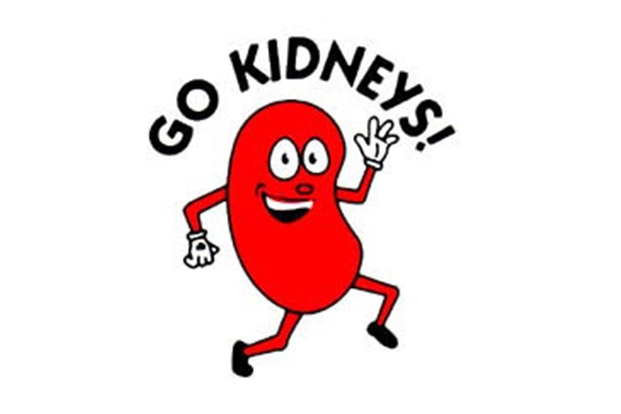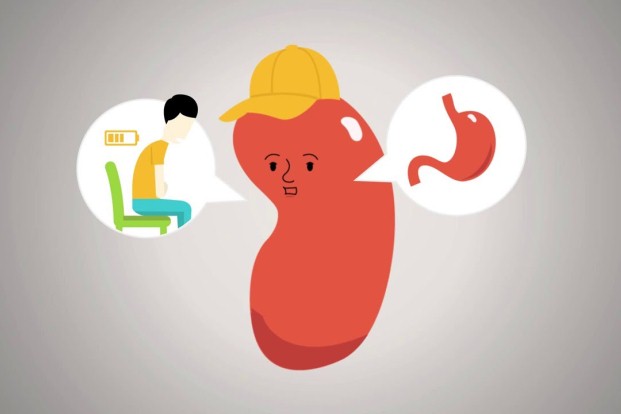When I am heading towards Chronic Kidney Disease??
Apr 19, 2022
If you have unexplained swelling on our feet, ankles and hands accompanied with fatigue and weakness, it’s better not to blame it on old age and in fact give your kidney’s some importance. If you are experiencing any of the below mentioned symptoms, then you might be heading towards CKD:
- Changes in urination — making more or less urine than usual, foamy or bubbly urine, or having to get up at night to urinate.
- Swelling of the feet, ankles, hands, or face Fatigue or weakness — a build-up of wastes or a low haemoglobin.
- Shortness of breath — kidney failure is sometimes confused with asthma or heart failure, because fluid can build up in the lungs.
- Ammonia breath or an ammonia or metal taste in the mouth — waste build-up in the body can cause bad breath, changes in taste, or an aversion to protein foods like meat.
- Back or flank pain
- Itching — waste build-up in the body can cause severe itching, especially of the legs.
- Loss of appetite
- Nausea and vomitingMore hypoglycemic episodes, if diabetic
Kidneys have a lot of responsibility.
Though they may not be on your priority list for a health check up, but yes they are worth the importance. Healthy kidneys function to do the following:
- Remove extra water and wastes
- Help control blood pressure
- Keep body chemicals in balance
- Keep bones strong
- Tell your body to make red blood cells and
- Help children grow normally
What is Chronic Kidney Disease?
Chronic kidney disease (CKD) occurs when kidneys are no longer able to clean toxins and waste product from the blood and perform their functions to full capacity. This can happen all of a sudden or over time.

Exact incidence and prevalence of CKD in India is not known. It is estimated that the crude incidence of ESRD is approximately 100 per million population.
There are no warning signs for CKD and individuals can lose up to 90% of their kidney function before they feel any symptoms – and by then it’s too late.A change in kidney function is usually discovered through a routine blood or urine test.
If you have any of these symptoms, talk to your doctor about your concerns. This is especially important if you have a close family member who has kidney disease, or if you have diabetes or high blood pressure, which are the main causes of kidney failure.




